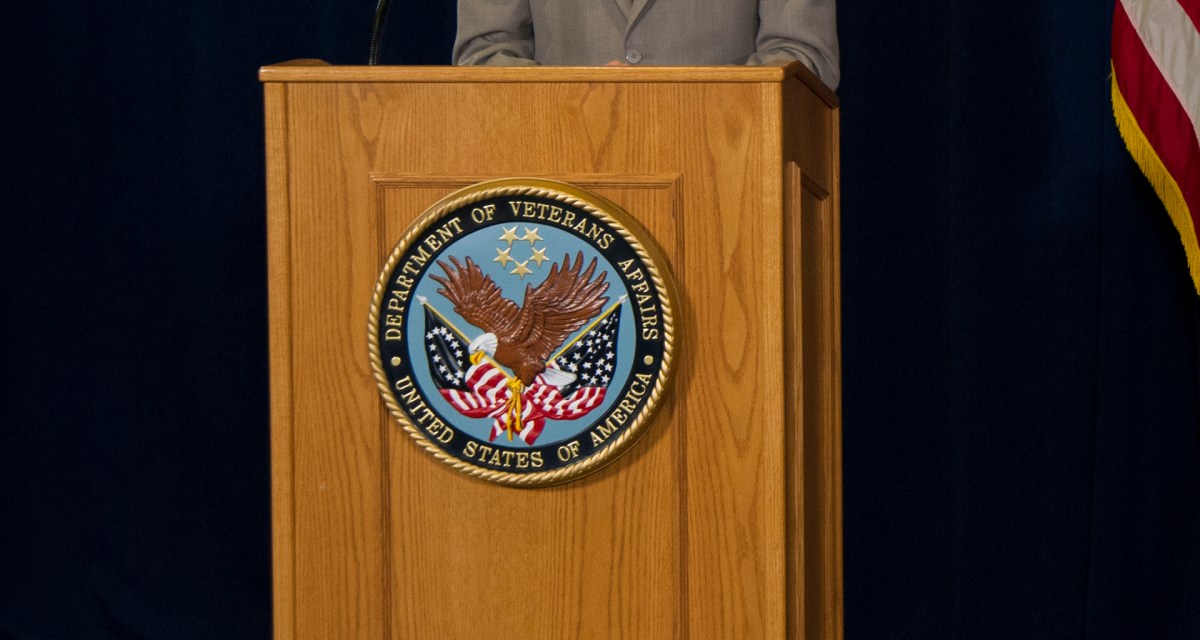House lawmakers scrutinize VA officials for issues with community care claims data repository

The Department of Veterans Affairs is once again facing congressional backlash for challenges with its IT infrastructure, despite officials maintaining that internal operations are on the mend.
During a House Veterans Affairs subcommittee hearing Thursday, lawmakers dissected the consequences of the pause and rebuilding of the agency’s Program Integrity Tool — a consolidated data repository for claims from community care claim payment systems that equip the agency to identify and address fraud and waste — after the VA’s Office of Inspector General found that the system’s pause kickstarted a new backlog that is expected to pose a “significant challenge” to revenue collection in July.
Rep. Matt Rosendale, R-Mont., who chairs the VA technology modernization subcommittee, and Rep. Sheila Cherfilus-McCormick, D-Fla., the ranking member, both shared concerns about the pitfall, focusing specifically on the potential for veterans to be billed for co-pays that are more than a year old, the backlog of 40 million paid claims and the event’s impact on the agency’s overall budget.
Kurt DelBene, the agency’s CIO and assistant secretary for IT, told the subcommittee that the VA expects the full backlog to be completed and “in Revenue Operations’ hands” by the end of fiscal year 2025, and said in his testimony that the agency expects to collect $8.66 billion over FY24 and FY25 after recovering from the PIT challenges.
“Since pausing PIT operations, we have made significant strides in addressing the identified issues,” DelBene said during the hearing. “We implemented more rigorous oversight and expanded our team to support our rebuild efforts. We’re happy to report that Revenue Operations has resumed functionality and is steadily processing the backlog of data.”
Jennifer McDonald, director of the agency’s Community Care Division, testified on behalf of OIG and said that to help veterans who are billed 18 months after the fact due to this event, VHA is working with the Office of General Counsel to implement “a regulatory change to allow for debt waivers for these veterans.”
Sherfilus-McCormick said that while she is “glad to hear” that the PIT has resumed, she is still “concerned” about the weight of the backlog as well as the strain it will put on both VA employees and veterans themselves.
“We cannot allow VA’s struggling IT infrastructure to cause financial stress to our veterans,” Sherfilus-McCormick said. “VA has not yet quantified how many veterans will be impacted by these delayed bills, or to what extent. I urge VA to fully assess the impact that this pause has had on our veterans before beginning co-pay collections.”
Sherfilus-McCormick also said during the hearing that it is “unreasonable” to expect veterans to “choose between paying a year-delayed bill or navigating the system to secure a debt waiver.” Further, the Floridian Democrat said she is concerned about veterans shouldering “massive debt” due to another VA IT system failure.
Rosendale said that “IT system failures are no excuse to waste taxpayers money” and added that “VA’s leaders need to understand they cannot incite a panic and pressure Congress to bail them out for their mistakes.”
The chairman said that the subcommittee is aware that the agency’s “struggles with budgeting and management have existed for many years and will not be resolved overnight. “I, for one, don’t believe this is the last shortfall that the VA will find in itself,” he said.
The public-facing issues with PIT began in February 2023 after the agency released a memorandum announcing it was pausing the tool due to issues with its database code logic and compromised data stored within the repository. Specifically, the Department of Program Integrity found that there was a defective line of code with added outpatient data to inpatient claims, the PIT duplicated claims, and there was a distortion of claim payment statuses.
OIG’s July report stated that until the VHA could resume revenue collection activities for claims from non-VA providers, the potential lost revenue would accumulate to about $55.5 million per month.



